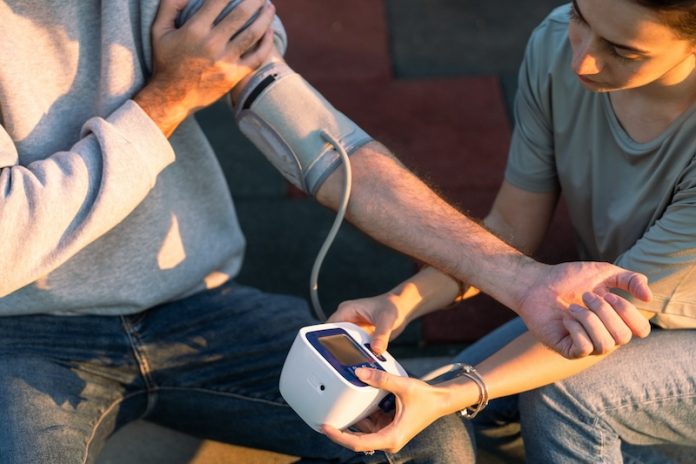
A medicine called rilmenidine has been used for many years to treat high blood pressure. Doctors prescribe it because it’s effective and has few side effects. But now, scientists think this everyday drug might do something even more amazing—it could help us live longer and stay healthier as we age.
This idea comes from a recent study published in the journal Aging Cell. The research team, led by Professor João Pedro Magalhães, first at the University of Liverpool and now at the University of Birmingham, wanted to see if rilmenidine could affect aging.
Instead of testing the drug on humans right away, they used tiny worms called C. elegans, which are commonly used in aging studies because they live short lives and are easy to study.
The results were surprising. The worms that were given rilmenidine lived longer than those that were not. Not only did their lives last longer, but their health also stayed better as they aged. The researchers say the drug seemed to act in a similar way to a calorie-restricted diet.
For many years, scientists have known that eating fewer calories—without causing malnutrition—can help some animals live longer. However, this kind of strict diet is very hard for people to follow, and it can have side effects.
That’s why this discovery is so interesting. If a pill like rilmenidine can copy the effects of eating less, it could offer an easier way to improve health and possibly extend life without the need to change one’s entire diet.
The team also discovered how the drug might be working. They believe it activates something in the body called the I1-imidazoline receptor (specifically named nish-1 in the worms), which helps start the anti-aging effects.
So, why does this matter? As people around the world are living longer, there is growing concern not just about lifespan—how long we live—but also about healthspan—how long we stay healthy. Many older adults face illnesses like heart disease, dementia, and diabetes. A treatment that could keep people healthier for longer would be a major breakthrough.
Rilmenidine could be especially useful because it is already approved and used in many countries to treat high blood pressure. That means we already know a lot about its safety, which could make it easier to test for new uses. It’s also generally affordable, making it more accessible than some newer, high-cost treatments.
Of course, there is still a lot we don’t know. So far, these results are based on worms, not humans. More research will need to be done before we know whether rilmenidine can actually help people live longer and stay healthy into old age. Clinical trials on humans will be the next big step.
Still, the idea that an old drug might have new and powerful benefits is exciting. It gives hope that we might be able to find simple ways to help more people enjoy longer, healthier lives. As Professor Magalhães said, even a small delay in aging could make a big difference for our aging population.
In the meantime, if you’re concerned about high blood pressure or healthy aging, it’s a good idea to keep learning about simple habits and treatments that can help. For example, studies suggest that managing your cholesterol, eating wisely, and building small daily habits—like walking or getting enough sleep—can all play a role in protecting your heart and overall health.
The rilmenidine study is another reminder that science is always uncovering new ways to look at old problems—and sometimes, the answers are already sitting in our medicine cabinets.
If you care about high blood pressure, please read studies that early time-restricted eating could help improve blood pressure, and natural coconut sugar could help reduce blood pressure and artery stiffness.
For more information about blood pressure, please see recent studies about added sugar in your diet linked to higher blood pressure, and results showing vitamin D could improve blood pressure in people with diabetes.
Copyright © 2025 Knowridge Science Report. All rights reserved.



